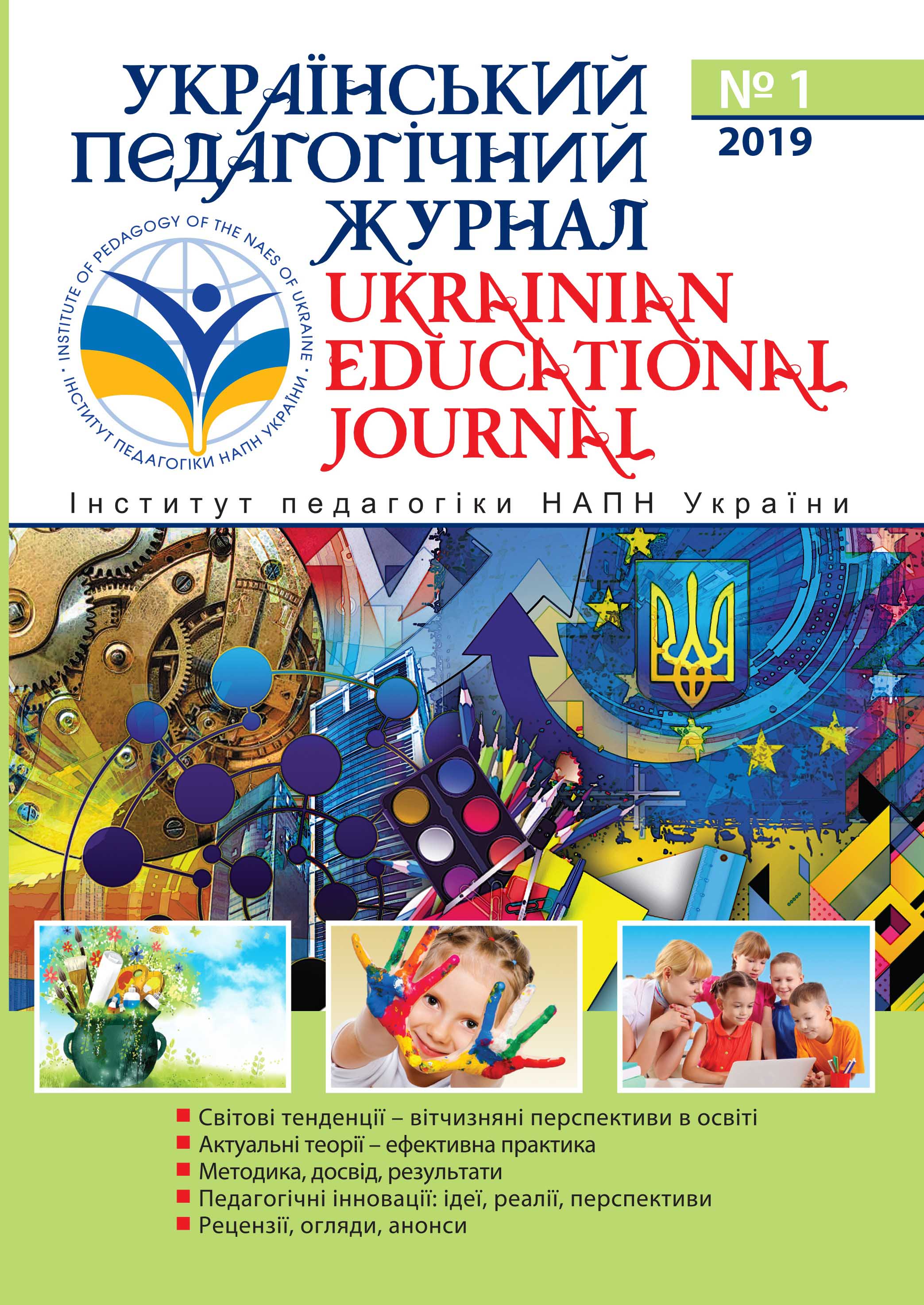Анотація
Статтю присвячено особливостям оцінювання учнів 10 класу з нового інтегрованого курсу «Громадянська освіта». Охарактеризовано підсумкове та формувальне оцінювання учнів, визначено відмінності цих видів оцінювання результатів навчання учнів. Наголошено на важливості й особливостях формувального оцінювання десятикласників за компетентнісно орієнтованого навчання громадянської освіти. Окремі положення статті ілюструються прикладами.

Ця робота ліцензується відповідно до Creative Commons Attribution-NonCommercial-ShareAlike 4.0 International License.
Авторське право (c) 2019 Олена Пометун, Тетяна Ремех

